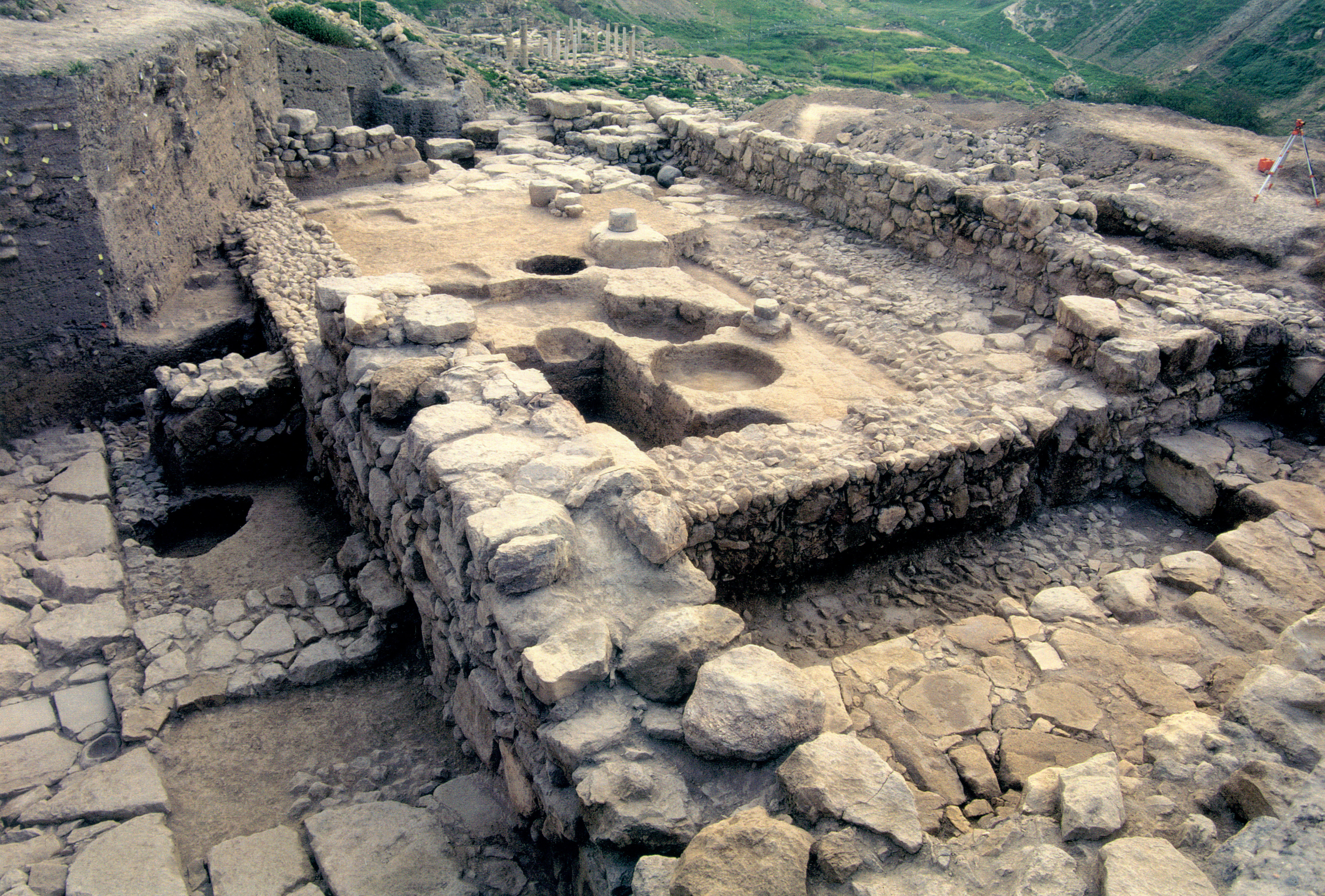|
Aristo Of Pella
Ariston of Pella ( grc-gre, Ἀρίστων; la, Aristo Pellaeus; c. 100 – c. 160), was an apologist and chronicler, who is known only from a mention by Eusebius that "as Aristo relates" in connection with accounts of emperor Hadrian and Simon bar Kokhba. Aristo is Eusebius's source for Hadrian's permanent banishment of Jews from Jerusalem (4.6.3), renamed to Aelia Capitolina. Eusebius supplies no biographical data, although some later readers have assumed that like many of Eusebius' sources he was possibly a Greek-speaking Christian. A secondary mention by the Armenian chronicler Moses of Chorene is probably based on Eusebius, but expanded with the comments that he was secretary of "Ardasches", which were read, or misread, to suggest that Aristo was secretary of Mark, first Gentile bishop of Jerusalem. A mention in the Chronicon Paschale reproduces Eusebius. His name was later connected by Maximus the Confessor (7th century) to the Dialogue of Jason and Papiscus (c.140), al ... [...More Info...] [...Related Items...] OR: [Wikipedia] [Google] [Baidu] |
Pella, Jordan
Pella ( gr, Πέλλα, ) was an ancient city in what is now northwest Jordan, containing ruins from the Neolithic, Chalcolithic,Bronze Age, Iron Age, Canaanite, Hellenistic and Islamic periods. It is located in a rich water source within the eastern foothills of the Jordan Valley, close to the modern village of Ṭabaqat Faḥl ( ar, طبقة فحل) some south of the Sea of Galilee (Lake Tiberias). The site is situated north of Amman: a drive of about an hour and a half (due to the difficult terrain), and an by car from Irbid, in the north of the country. Pella's ruins – predominantly temples, churches, and housing – have been partially excavated by teams of archaeologists; they attract thousands of tourists annually but especially in spring, during which time the area is awash with spring flowers. Name The Semitic name of the ancient, pre-Hellenistic site, was Pahil or Pihil. Pehal is the name under which the city is mentioned in early Egyptian (Bronze Age) historical ... [...More Info...] [...Related Items...] OR: [Wikipedia] [Google] [Baidu] |
